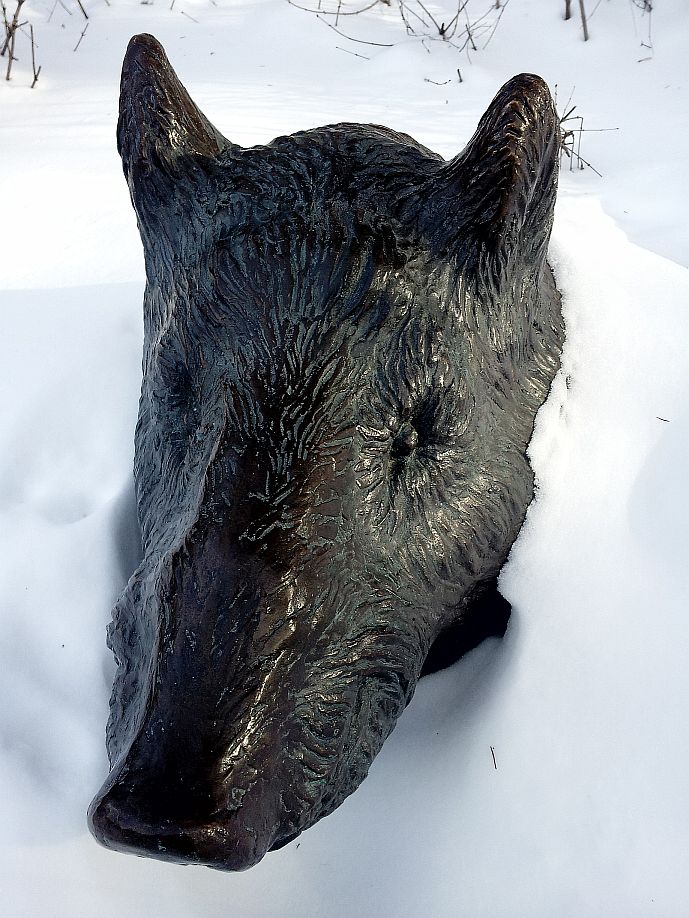Note that your final mark will not be saved in the system.
Themes, Ideas and Messages GapFill
You must fill all the gaps before clicking ‘Check Answers!’

In Lord of the Flies, William Golding explores the central conflict that exists within humans and society: the need to live a secure and peaceful life obeying the of the land and the need to act upon one's immediate desires. This is at the heart of the novel's key theme of versus . As the boys stranded on the island are from civilised English backgrounds, a related theme of the novel is the loss of . The novel relates this to a third theme, suggesting that, when missing the civilising forces of their home life, the children descend into savagery because the capacity for has always existed within them. A fourth theme, related again to the others, is the loss of , with Piggy being the character who struggles in vain to exercise it.
This inability to think for oneself becomes a feature of life on the island and is related to the theme of the danger of rule: the boys hide behind warpaint and commit worse and worse atrocities believing that they are defending themselves from a non-existent 'Beast'. The novel depicts how, far from the parliamentary democracy model envisaged by Piggy and Ralph, the island is run like a lawless regime where only Jack's orders count. This has an associated theme, that of , which is principally illustrated by the murders of Simon and Piggy.
Two overarching themes of the novel are and the future of . The action is set against the backdrop of the World War against 'the . The boys' descent into barbarity, therefore, illustrates another theme, that of the influence of upon society and smaller social groups.